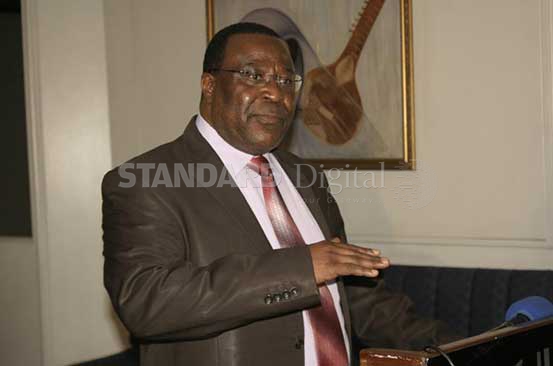
Mombasa, Kenya: Senators and the Commission on Revenue Allocation (CRA) are meeting in Mombasa to consider the second generation criteria for revenue allocation to counties, amidst strong criticism on the new proposed parameters for the division of revenue.
CRA, which is constitutionally mandated to recommend to the Senate the formula for sharing of revenue has altered the formula that has been used to determine the allocation in the last three financial years. This has in turn altered the percentage for some allocations and created two more parameters which if passed would see a change in what counties receive.